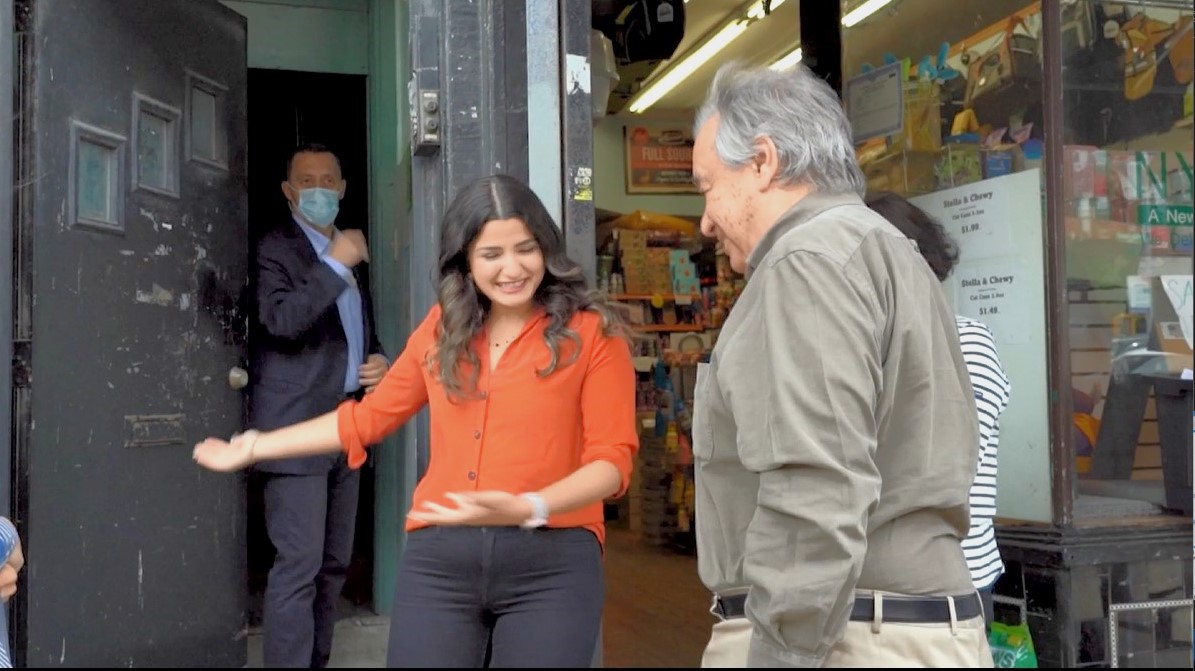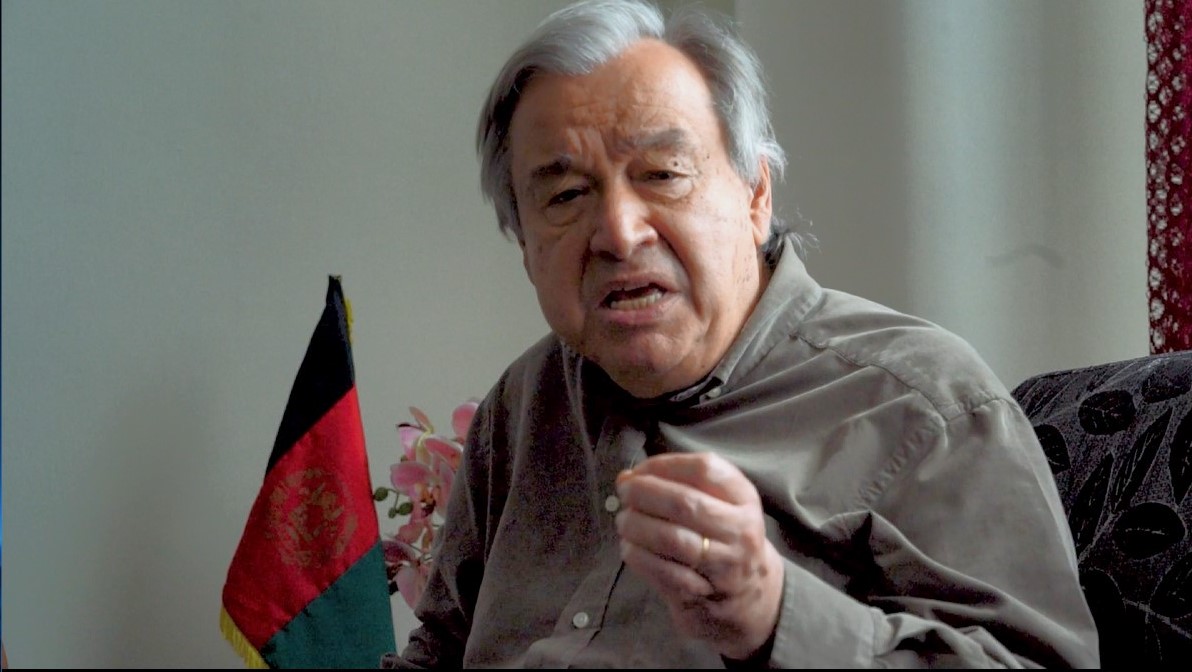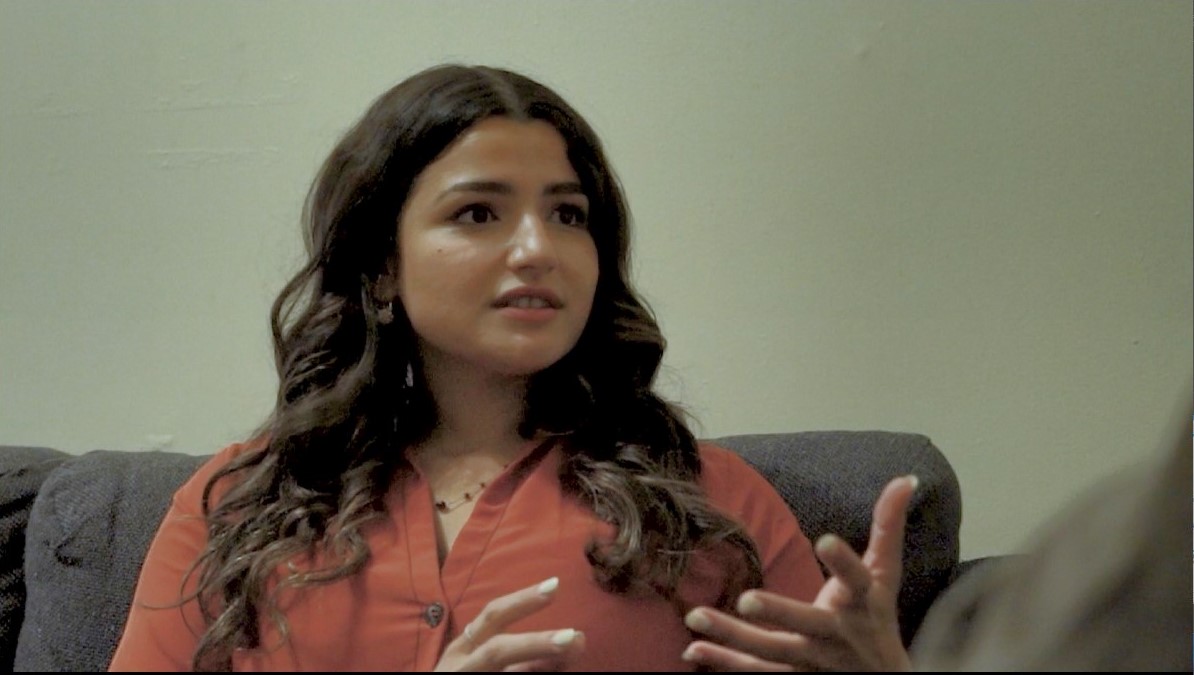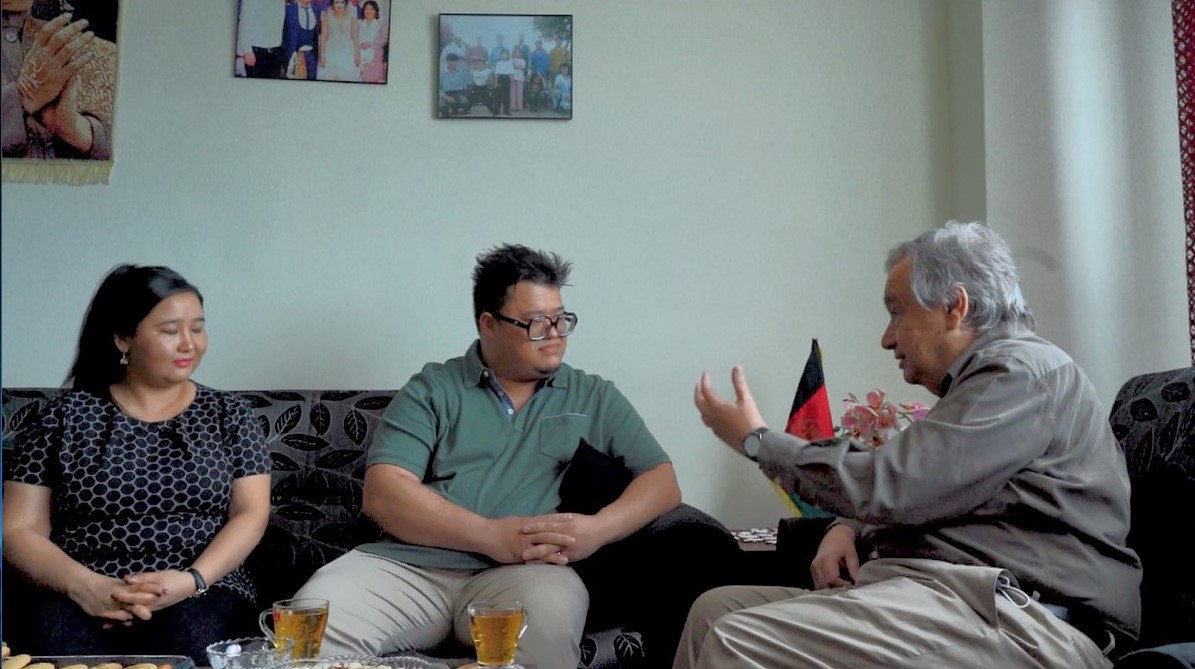



Ahead of World Refugee Day, UN Secretary-General António Guterres visited refugees living in New York City area. He appealed to developed countries to “meaningfully increase” the number of refugee resettlement opportunities.
The UN chief, who has also been the High Commissioner for Refugees for 10 years, from 2005 to 2015, highlighted the role of developed nations in receiving and giving opportunities to refugees, regardless of where they come from.
On Saturday (18 Jun), Guterres’s first stop was in Brooklyn, where he visited Suzan Al Shammari, an Iraqi refugee that has fled from Baghdad to Cairo, Egypt, with her family in 2010. They were registered with the UN refugee agency, UNHCR, and were able to resettle in California.
“In March of 2010, five lives were changed. That was my family,” Al Shammari said.
She shared that she cannot stress enough it is “literally given a whole new life” after going through the process of refugee resettlement, it is a huge impact, she added.
Speaking from her own experience, Al Shammari also said, “we see a lot of refugees adjusting well, but there's also the emotional impact that goes through that, and the psychological trauma that you are programmed to just be in pilot mode - I need to survive - you're in survival mode.”
She continued, “but then you get to a place where you feel safe, and your basic needs are met, then you just start to realize the impact being resettled, the impact being from a war-torn country or being in such a vulnerable state has on you.”
Al Shammari told the Secretary-General that as she grew up in war, she wants to be able to support refugees. Therefore, she is currently working as an NGO caseworker after recently graduating with a master’s degree from the United Kingdom.
“Bringing refugees in is a life-saving measure and it is something that each leader, each country, should contribute to and be accountable for because a lot of unfortunate issues are being caused, it is a larger problem. It is a life-saving measure to take that step in and take refugees in”, she said.
Al Shammari argued she was one of the lucky ones, as she had the opportunity of finding a new and safe home, but also to have education and fluency in the language of her host country.
According to the latest data, there remain nearly 1.2 million Internally Displaced People, IDP, in Iraq from the over six million who were initially displaced by violence involving ISIL from 2014 to 2017. At the same time, Iraq is welcoming and hosting over 290,000 refugees from Syria and other countries for many years, mostly in the Kurdistan Region of Iraq.
By the end of 2021, the majority of IDP camps in the central and south governorates of Iraq were closed. There are now 26 camps out of 44 camps at the beginning of 2020 of which 25 are in the Kurdistan Region of Iraq.
After meeting Al Shammari, Guterres went to Queens to visit an Afghani couple, Shafi Alif and Rohina Sofizada. In their apartment, the UN chief was welcomed with spiced green tea and traditional Afghani treaties.
As they chatted over their cups, Alif revealed that he fled from Afghanistan to Pakistan when he was 5 months old, in 1992. He and his family had to walk for 40 days to seek asylum in Pakistan, where they stayed for over 10 years and were also registered with UNHCR.
With the help of UNHCR, he and his family voluntarily returned to Afghanistan in 2002. He received financial support as they settled back in Kabul, including transportation, a cash stipend, etc.
The couple agreed they had “peaceful years” in the country until around 2018 when Sofizada was working with the US Embassy in Kabul and received a special visa to resettle in the United States. A bit later, Alif joined her with a Special Immigrant Visa, as he worked with the Polish Army in the capital of Afghanistan.
They are happy they could make it to the United States, but they are still concerned about their family, who are now in Pakistan having left Kabul after the Taliban took over in 2021.
Like Al Shammari, Shafi is also working to help newcomers. He is an NGO caseworker to support arriving Afghan evacuees and parolees. He argues that no refugee is “happy to leave their countries”, but they do as they have no other option for violence or persecution.
“We need more resettlement places, we need more help in different ways, like basic needs, housing, anything that is necessary for a refugee. So, they can be helpful for the community that they live in”, he said.
According to UNHCR, Afghans make up one of the largest refugee populations worldwide. There are 2.6 million registered Afghan refugees in the world, of whom 2.2 million are registered in Iran and Pakistan alone. Another 3.5 million people are internally displaced.
More than half the Afghan population, or 24 million people, face acute food insecurity and 97 percent of Afghanistan’s population are estimated to be living well below the poverty line.
After listening to these compelling stories, Guterres appealed to developed nations to remind them of their fundamental role in welcoming these refugees and giving them the chance to start over in security and far away from degrading situations they may find in camps or poor housing conditions.
UN Secretary-General said that when he was leading the UN refugee agency, there were two times more opportunities for resettlement available for those coming from refugee camps and other difficult situations around the world.
Therefore, he urged that more States open their frontiers to people seeking asylum and support them in finding the right conditions to live in.
Of all cases of resettlement submitted by UNHCR to States in 2021, 86 percent were for survivors of torture or violence, people with legal and physical protection needs, and particularly vulnerable women and girls. Just over half of all submissions concerned children.
According to the UN, the world has reached a dramatic milestone of 100 million refugees in May, 10 weeks since the Russian invasion of Ukraine prompted a global cereal and fertilizer shortage, displacing not only people fleeing from the war but also around the world as food insecurity rises.
World Refugee Day is an international day designated by the United Nations to honour refugees around the globe. It falls each year on June 20 and celebrates the strength and courage of people who have been forced to flee their home country to escape conflict or persecution. World Refugee Day is an occasion to build empathy and understanding for their plight and to recognize their resilience in rebuilding their lives.
 Celebrity Media TV
Celebrity Media TV









